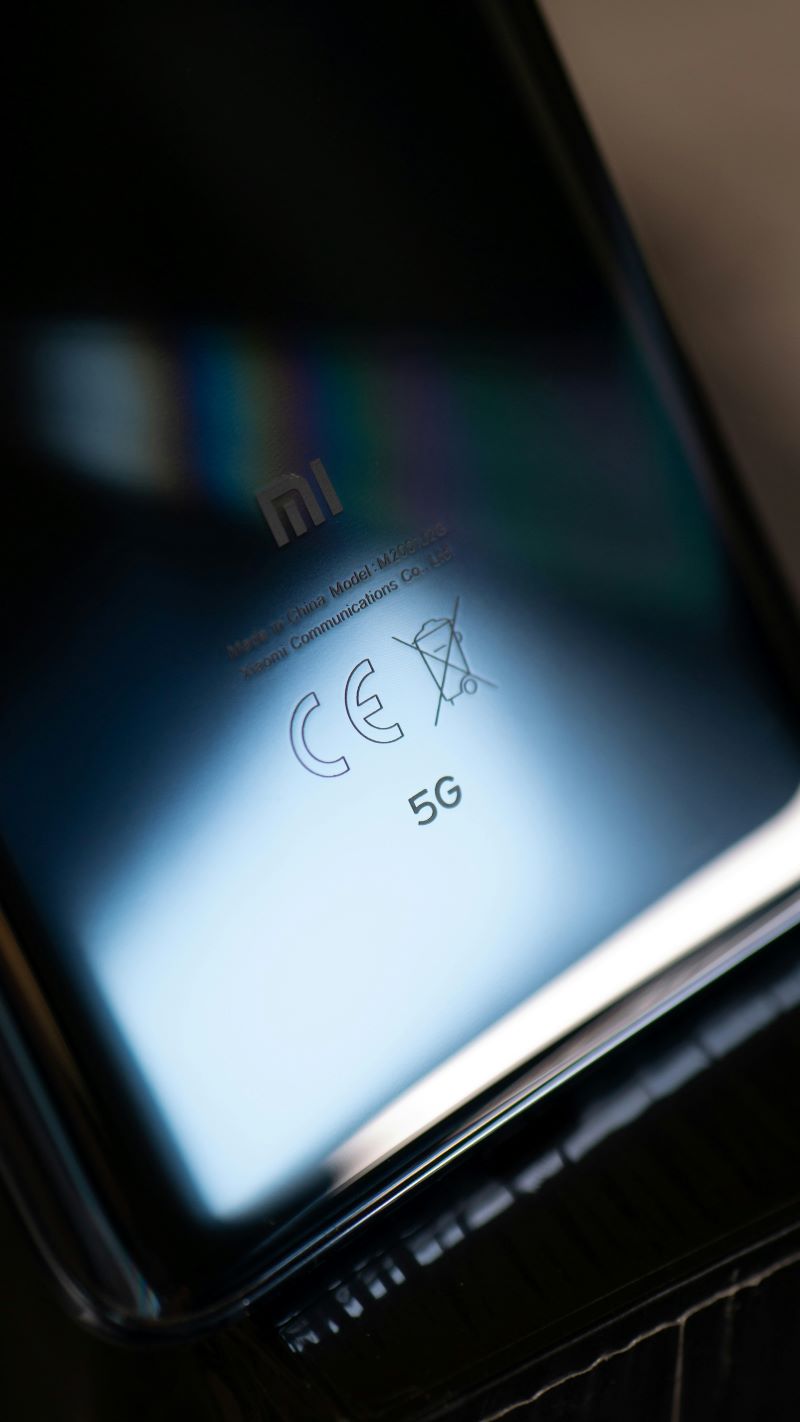Three researchers in the MSU College of Engineering's Department of Computer Science and Engineering will use a $1.7 million grant to formulate AI-assisted testing methods for wireless network components.
They will also design an AI-based software framework to automate broader 5G Radio Access Network (RAN) testing. A RAN is a key component of a mobile telecommunication system that connects devices like cell phones to a network through a radio link.
The project was submitted by MSU researchers Huacheng Zeng, Guan-Hua Tu, and Jiliang Tang and selected as one of 10 from 125 submissions to the National Telecommunications and Information Administration (NTIA).
Funding for the project came from the federal CHIPS and Science Act to enhance global supply chain resilience and lower costs for consumers and network operators.
Zeng is an assistant professor who specializes in AI research for wireless networking and wireless sensors. He was featured by MSUToday in 2022 for research that studies movement disorders and falls in the elderly.
Tu is an assistant professor who previously worked at MediaTek as a wireless communication software engineer, project manager and researcher. He invented eight U.S. patents, according to his research website.
Tang is an MSU Foundation Professor who specializes in graph machine learning, trustworthy AI and their applications in education and biology. He was appointed a foundation professor in 2022 and has won multiple awards in recent years for his work in data mining and machine learning.
Written by Eric Lacy, lacyeric@msu.edu. See more at the Engineering Media and Public Relations page.
